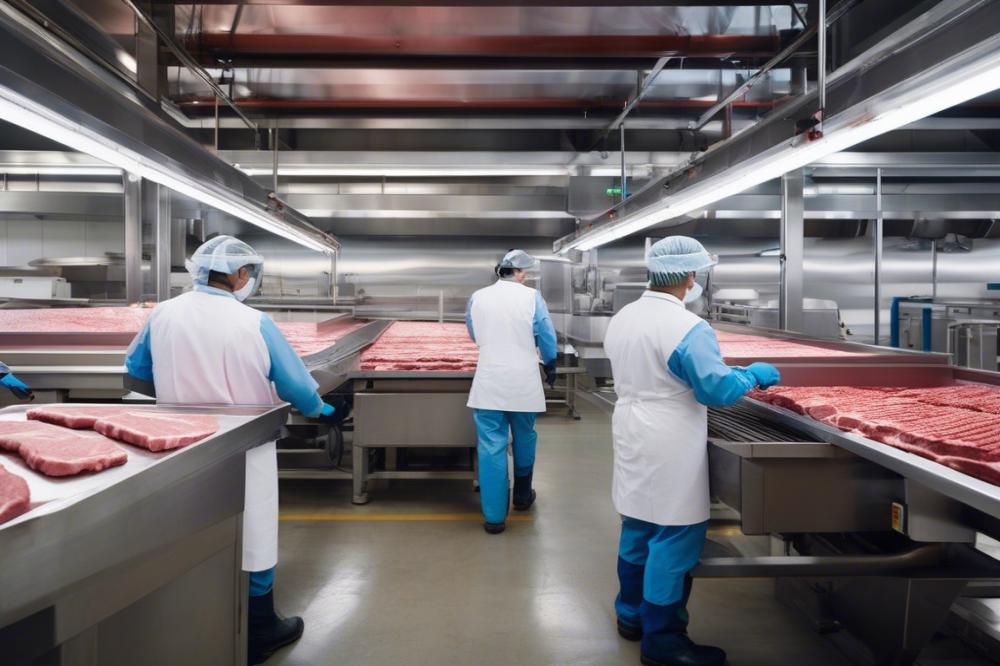Key Takeaways
- Concerns about antibiotic use in agriculture are increasing among consumers.
- McDonald’s has made a commitment to reduce antibiotic use in its beef supply.
- Other fast food companies are also moving towards more sustainable practices.
- Health experts believe reducing antibiotic use in livestock can have significant benefits.
Consumers are increasingly worried about the use of antibiotics in agriculture, pushing large corporations to address the issue. McDonald’s has responded to this concern by pledging to decrease antibiotic use in its beef supply chain. The fast-food giant aims to collaborate with beef suppliers to ensure fewer antibiotics are used in raising cattle. This effort is part of a broader initiative to promote more sustainable agricultural practices.
Such changes are reflective of a growing trend in the fast food industry. Many companies are now considering the long-term health implications of antibiotic use in livestock. This shift is not just about consumer pressure; health professionals argue that reducing antibiotic usage in food production could help mitigate a potential public health crisis. The misuse of antibiotics in animals may contribute to increased antibiotic resistance, which poses a risk to human health. Hence, McDonald’s new policy could set a precedent for other chains to follow.
Other fast-food companies have started their own journeys towards more responsible sourcing. These movements indicate a significant shift in how food giants are managing their supply chains. Experts believe that such initiatives are crucial for both public health and environmental sustainability. The challenge remains on how to effectively implement these changes across large and complex supply networks.
McDonald’s decision is a response to both scientific evidence and consumer demand. By aiming to reduce antibiotics in beef production, the company hopes to enhance its brand image and customer trust. This policy forms part of a wider trend where consumers are calling for more transparent and ethical food practices. Consequently, other companies in the industry might be pressured to adopt similar measures to stay competitive.
Reducing antibiotic use in livestock not only benefits human health but could also improve animal welfare. Health experts have long pointed out the risks associated with overusing medication in farm animals. Therefore, McDonald’s policy change signifies a positive shift towards healthier and more sustainable food production methods. This movement has the potential to pave the way for widespread industry reforms, benefiting both people and the planet.
Read the full story by: https://www.meatingplace.com/Industry/News/Details/115661




